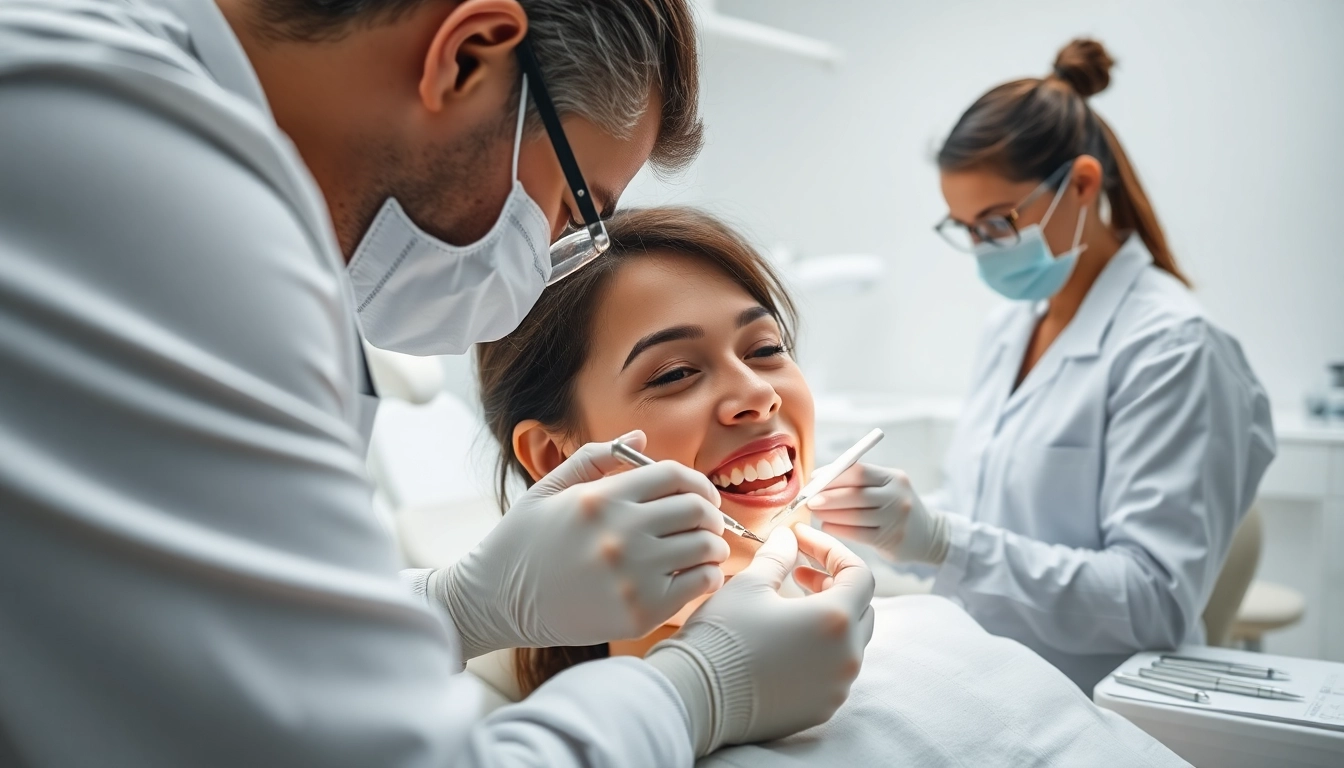Experiencing a relationship breakup is often one of the most challenging events one can face. The emotional turmoil that follows can affect various aspects of life, from mental health to social circles. This comprehensive guide aims to delve into the multifaceted experiences of breakups, offering insights into the emotional and social impacts, healthy coping mechanisms, strategies for moving on, navigating mixed emotions, and understanding when professional help may be necessary.
Understanding the Impact of a Relationship Breakup
Emotional Reactions to Relationship Breakup
When a relationship comes to an end, it’s common to experience a cacophony of emotions. Initially, there may be shock and disbelief, particularly if the breakup was unexpected. Following this, feelings of sadness, anger, and resentment could surface. Research shows that these emotional reactions can be compared to the stages of grief, as individuals mourn the loss of not only their partner but also the shared future they envisioned together.
Furthermore, some individuals may feel relief if the relationship was fraught with conflict or unhappiness. Yet, it’s essential to recognize that feeling both sadness and relief can coexist. This ambivalence is a natural response and signifies the complexity of human emotions.
Social Consequences of Relationship Breakup
The fallout from a breakup extends beyond personal emotions. Socially, individuals may face changes in their circles, where mutual friends might feel the need to pick sides, thus creating tension. A study suggested that breakups can affect not just the individuals involved but also their social networks, leading to a reevaluation of friendships. Feelings of loneliness or isolation can intensify, particularly if shared social spaces no longer feel comfortable. This shift underscores the significance of maintaining healthy social connections even after a relationship ends.
Common Myths Surrounding Relationship Breakup
There are several prevalent myths about breakups that can contribute to the emotional burden of individuals experiencing them. For instance, the myth that time alone heals all wounds may lead one to neglect active healing strategies. Another myth is that you must avoid all contact with an ex to move on, which is not the only route to healing. Understanding these misconceptions can help individuals approach their breakup with a clearer mindset and more constructive strategies.
Healthy Coping Mechanisms Post Relationship Breakup
Expressing Emotions Constructively After Relationship Breakup
Processing the array of emotions following a breakup is crucial. Rather than suppressing feelings, individuals should express their emotions in a healthy and constructive manner. Journaling can be an effective way to articulate thoughts and feelings. This practice allows individuals to confront their emotions, facilitating personal insight and clarification about the situation. Additionally, talking with trusted friends or engaging in support groups can provide a safe space for sharing experiences and feelings without fear of judgment.
Building a Support Network After Relationship Breakup
Having a robust support network is vital in the healing process. Friends and family can offer compassion, advice, and companionship, which help to alleviate feelings of loneliness. Connecting with others who have undergone similar experiences can also foster a sense of understanding and validation. Engaging in community activities or support groups dedicated to relationship issues can enrich one’s social life while promoting healing through shared experiences.
Engaging in Activities to Alleviate Pain from Relationship Breakup
Channeling energy into productive and enjoyable activities can significantly aid in coping with the pain of a breakup. Physical activities, such as joining a gym, hiking, or participating in team sports, not only improve physical health but also boost mental well-being. Additionally, pursuing hobbies or interests—whether painting, musical instruments, or cooking—can provide a positive distraction and a sense of accomplishment. These activities can successfully redirect focus from the breakup, promoting healing and a rejuvenated sense of self.
Strategies for Moving On After a Relationship Breakup
Setting Personal Boundaries After Relationship Breakup
Establishing personal boundaries following a breakup is critical. This may entail limiting or reframing interactions with an ex-partner to foster healthier emotional states. Clear boundaries can help manage feelings and prevent the cycle of sadness or anger from recurring. By prioritizing one’s emotional health and well-being, individuals can create a foundation for healing and moving forward.
Rediscovering Yourself Post Relationship Breakup
A breakup, while painful, can also serve as an opportunity for self-discovery and personal growth. Individuals can utilize this time to reflect on their values, preferences, and interests that may have taken a backseat during the relationship. Exploring new interests, traveling to new places, or even changing one’s appearance can reignite a sense of self, promoting individual fulfillment. This rediscovery can lead to a more profound understanding of what one wants in future relationships, allowing for healthier and more fulfilling connections.
Embracing New Opportunities After Relationship Breakup
After allowing oneself the necessary time to grieve, it is essential to start embracing new opportunities that life presents. This could involve pursuing a new career path, taking courses to learn new skills, or volunteering for causes of personal interest. Each new experience can facilitate meeting new people and expanding social circles, ultimately leading to a deeper sense of belonging and purpose. Embracing change can be empowering, fostering resilience and a positive outlook on future possibilities.
Navigating Mixed Emotions During a Relationship Breakup
Understanding Ambivalence After a Relationship Breakup
Ambivalence is a common response to a relationship ending, characterized by conflicting feelings about the past relationship and the ex-partner. It is vital to acknowledge these feelings as valid and part of the healing process. Recognizing that love and hurt can coexist helps individuals view their experiences as nuanced rather than black and white. This acceptance paves the way for a healthier emotional resolution.
Dealing with Regret in a Relationship Breakup
Experiencing regret after a breakup is not unusual. Reflecting on decisions made during the relationship can lead individuals to question their choices. It is important to confront these feelings openly, rather than suppressing them. Engaging in self-compassion and rationalizing past decisions can facilitate forgiveness, both of oneself and of the ex-partner. Seeking professional support can also help confront deeply embedded regrets and better understand their origins.
Acknowledging Growth from a Relationship Breakup
Viewing a breakup as an opportunity for growth can transform a painful experience into one of empowerment. Individuals can reflect on lessons learned, such as recognizing patterns in relationships, understanding personal boundaries, or identifying non-negotiables in future partnerships. Acknowledging these insights provides a roadmap that can enhance personal relationships in the long run, facilitating healthier connections built on more profound foundations.
Seeking Professional Help Following a Relationship Breakup
When to Consider Therapy After a Relationship Breakup
While self-help strategies can be beneficial, some individuals may find that they need additional support. It may be time to consider therapy if feelings of sadness, anger, or despair linger and interfere with daily functioning. Professional counselors can provide valuable tools to process emotions constructively, refine coping strategies, and assist in rediscovering one’s identity after a breakup.
The Benefits of Counseling Post Relationship Breakup
Counseling offers an objective perspective, allowing individuals to explore their feelings in a safe and supportive environment. Therapists can help identify thought patterns contributing to emotional distress, offer tailored coping strategies, and facilitate emotional healing. Engagement in therapy can foster resilience, empowering individuals to create healthier relationships in the future.
Finding the Right Professional After a Relationship Breakup
Choosing the right therapist is crucial for effective healing. Individuals should seek professionals who specialize in relationship issues and possess an approach that resonates with them, whether cognitive-behavioral therapy, psychodynamic therapy, or another modality. Initial consultations can be helpful to gauge comfort and rapport, ensuring that individuals feel safe and understood in their healing journey.



